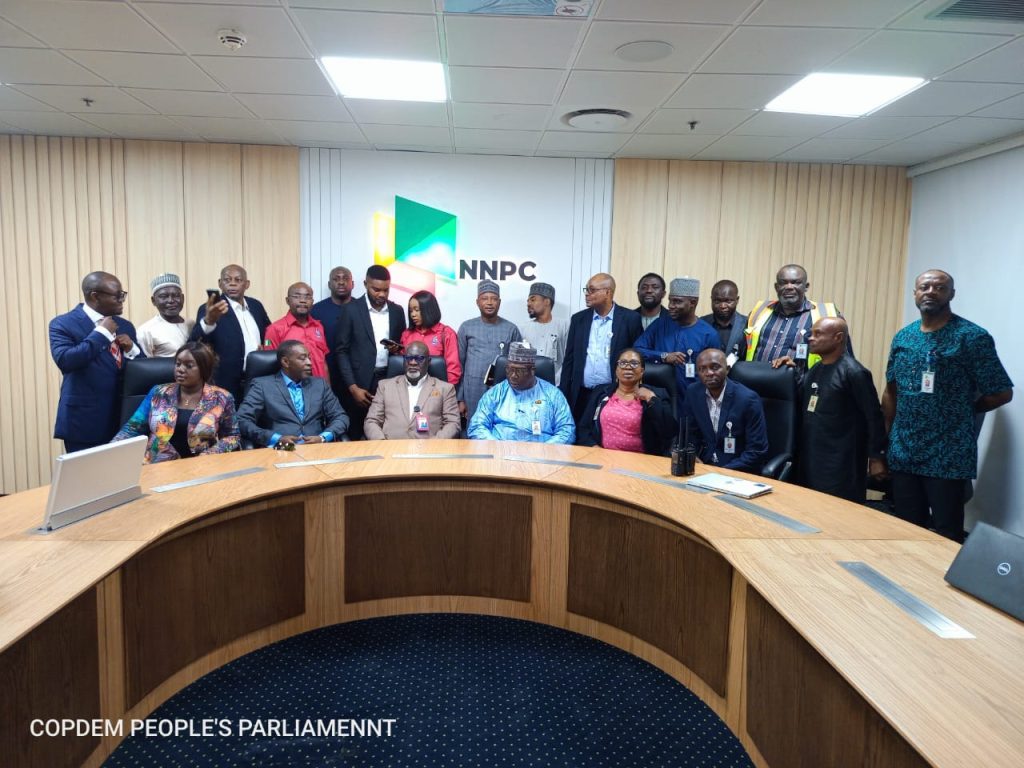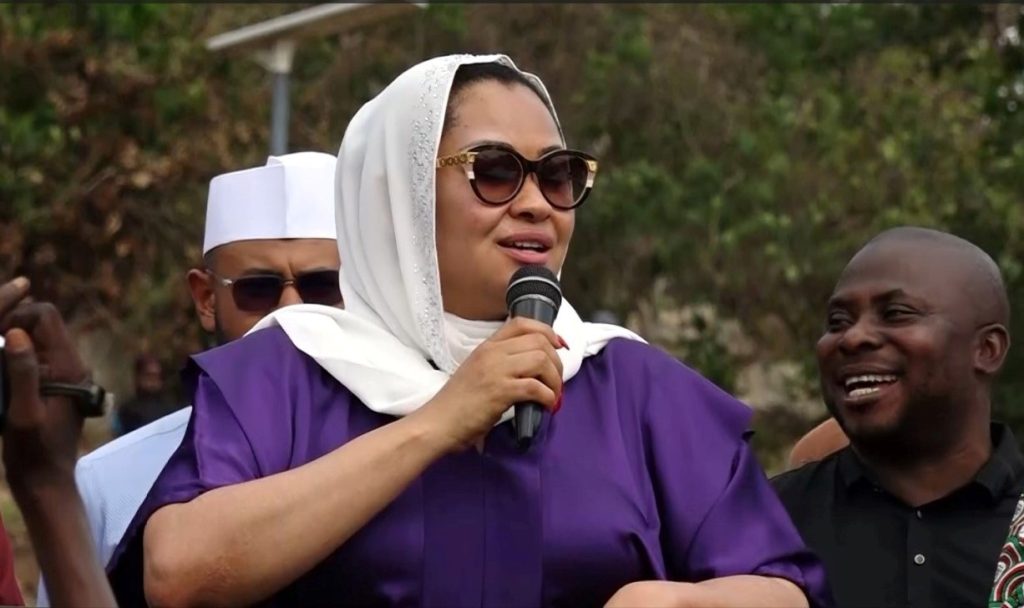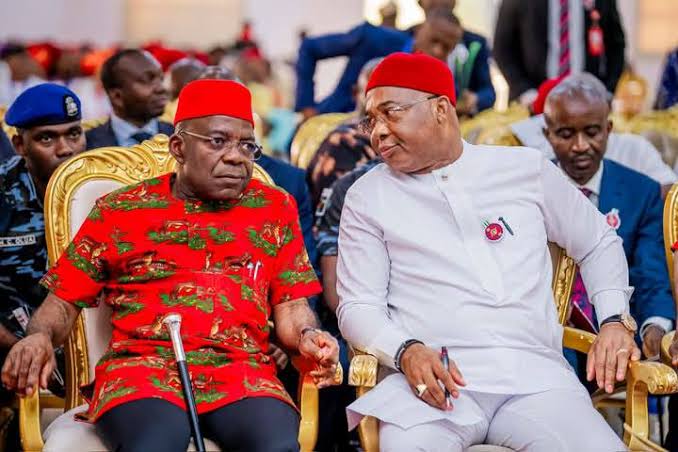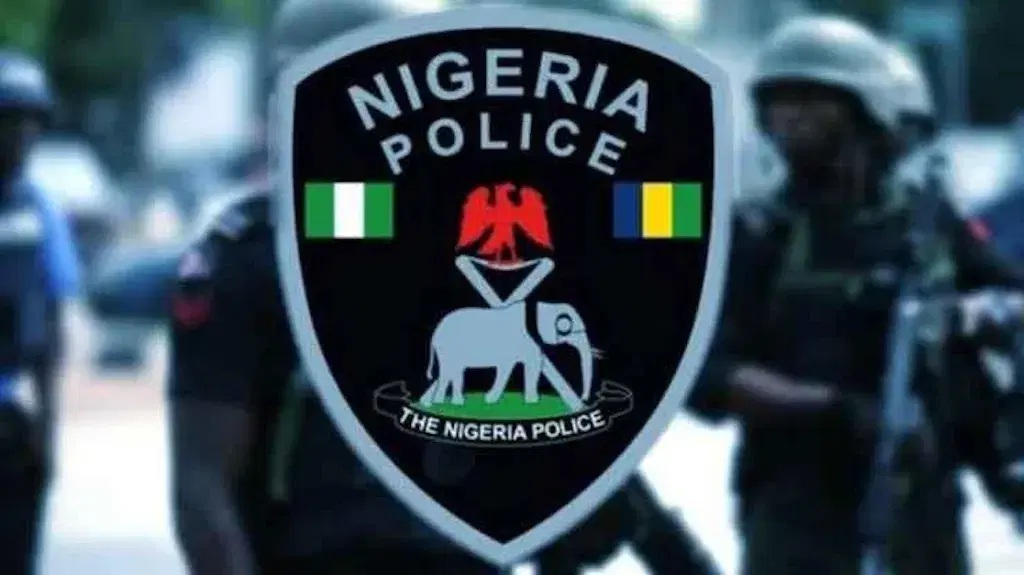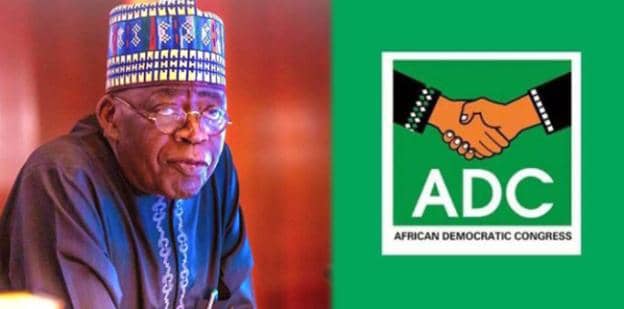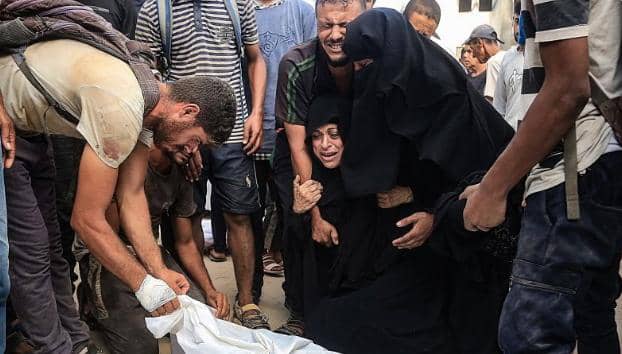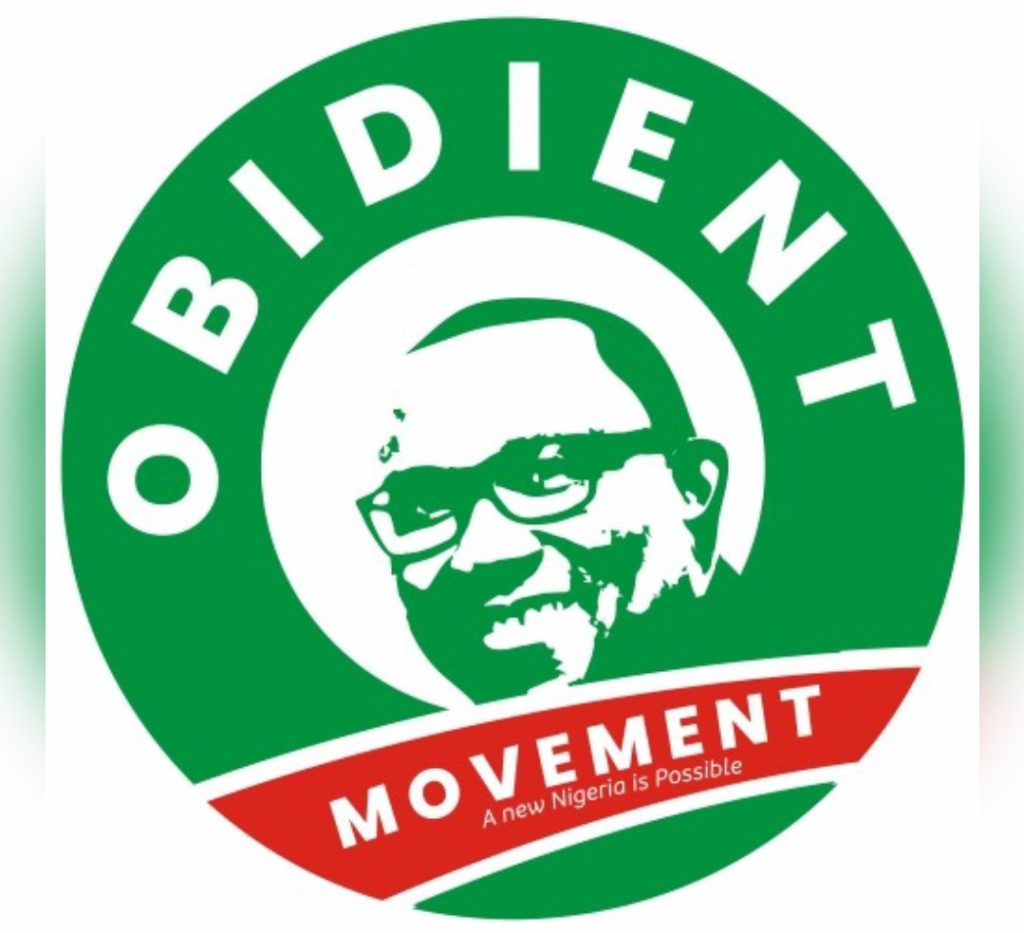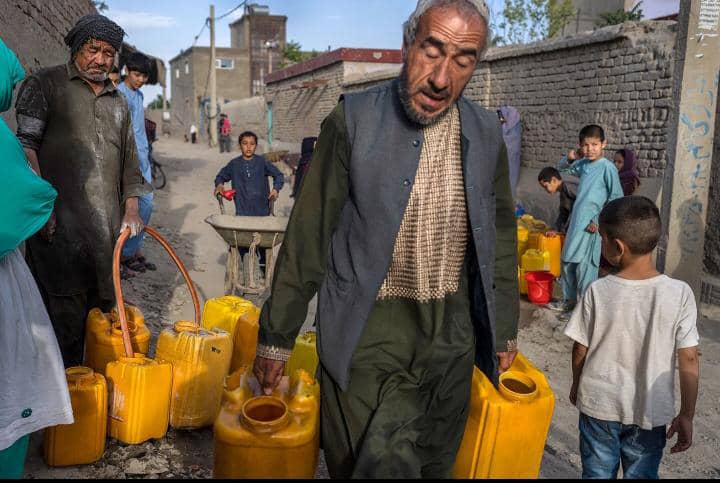News
Why Killer herdsmen terrorize Imo bushes
DDM NEWS
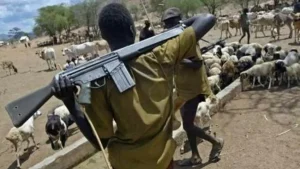
Herdsmen
The term “killer herdsmen” refers to a group of individuals, often Fulani herders, accused of engaging in violent activities, including attacks on farmers, communities, and security personnel, particularly in Nigeria’s Middle Belt and Southern region.
The Fulani are a nomadic ethnic group primarily engaged in cattle herding.
They are spread across West Africa, with significant populations in Nigeria, Mali, Burkina Faso, and other countries.
The Fulani herdsmen’s migration patterns and cattle grazing activities often lead to conflicts with farmers over land use, water resources, and cattle damage to crops.
There have been reports of Fulani herdsmen attacking communities, resulting in loss of life, destruction of property, and displacement of people.
These attacks are often attributed to disputes over land, resources, or revenge.
The term “killer herdsmen” gained prominence due to the frequency and brutality of attacks, which have resulted in significant loss of life and property.
The increasing competition for land, water, and grazing resources might contribute to tensions between herders and farmers.
Climate change and environmental degradation might force herders to migrate to new areas, leading to conflicts with local communities.
Inadequate security, poor land management, and ineffective governance might exacerbate these conflicts.
The Nigerian military has launched operations to address the issue, including Operation Safe Haven (OPSH) in Plateau State.
Some states have initiated dialogue and mediation efforts between farmers and herders to resolve conflicts peacefully.
Addressing the root causes of these conflicts, improving security, and promoting sustainable land use practices remain significant challenge
The attacks have resulted in significant human suffering, displacement, and economic losses.
The conflicts have strained relationships between communities, disrupted economic activities, and created an atmosphere of fear and insecurity.
The Nigerian government, particularly the military and security agencies, play a crucial role in addressing the issue.
Traditional leaders and community representatives can facilitate dialogue and mediation efforts.
NGOs and CSOs can support affected communities, promote peaceful resolution of conflicts, and advocate for policy changes.
The issue of “killer herdsmen” is complex, multifaceted, and influenced by various factors.
Addressing the root causes of these conflicts and promoting peaceful coexistence between farmers and herders require a comprehensive approach that involves government agencies, community leaders, and civil society organizations.
Herdsmen terrorizing Imo State, particularly in the bushes and farmlands, is a complex issue with multiple factors.
Herdsmen and farmers often clash over land use, with cattle grazing on farmlands, leading to crop destruction and economic losses for farmers.
This has resulted in tensions and violent confrontations between the two groups.
In some cases, herdsmen have been known to carry sophisticated weapons, including AK-47 rifles, and launch armed attacks on communities, resulting in killings, kidnappings, and injuries.
For instance, in June 2025, herdsmen launched a third attack on Agwa community in Oguta Local Government Area, killing five people and kidnapping three others.
The communities affected by these attacks have often complained about the lack of adequate security and response from government agencies, which may embolden the herdsmen to continue their activities.
The nomadic nature of the Fulani herdsmen and their economic interests may also contribute to the conflicts, as they may prioritize their livestock over the interests of local farmers.
There have been reports of increased attacks and kidnappings by herdsmen in Imo State, with communities such as Agwa, Umunobo, and Akalovu being affected.
These attacks have caused fear and displacement among local residents, with many abandoning their farms and livelihoods.
Community leaders and residents are calling on the state government to intervene and address the security situation, including enacting laws to regulate open grazing .
The Imo State Police Command has deployed security personnel to affected areas to restore calm and safety.
Efforts are being made to investigate and prosecute those responsible for the attacks and kidnappings .
For Diaspora Digital Media Updates click on Whatsapp, or Telegram. For eyewitness accounts/ reports/ articles, write to: citizenreports@diasporadigitalmedia.com. Follow us on X (Fomerly Twitter) or Facebook



